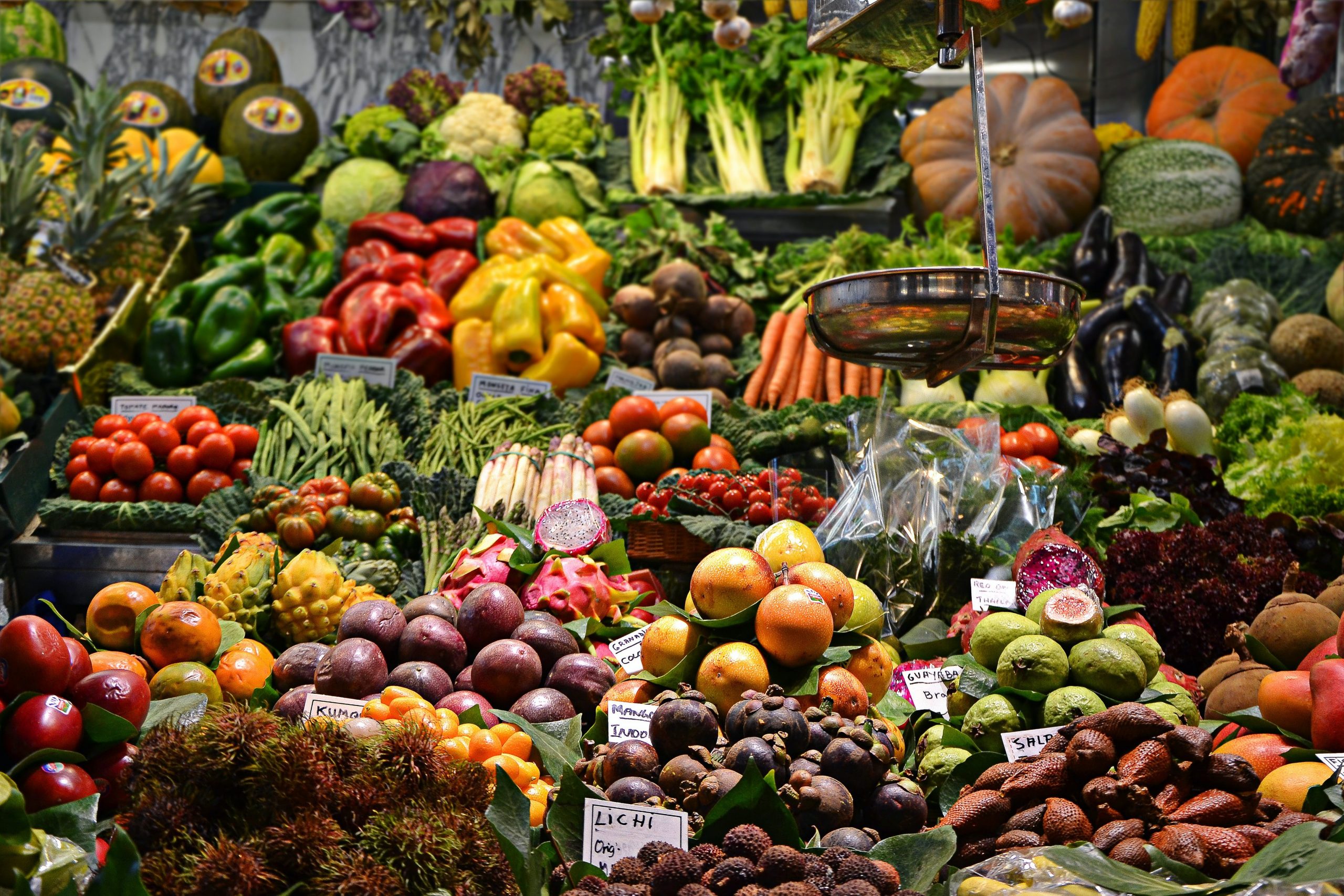Qatar had started growing its self-sufficiency over the past years, especially following the 2017 GCC crisis.
Qatar has topped Arab countries in terms of food access and ranked as the second most food secure country in the region by the Global Food Security report, published on Wednesday.
Published by Deep Knowledge Analytics, the report found that Qatar is the leading Arab state, followed by Saudi Arabia, the UAE, Kuwait, Bahrain, Oman, and Jordan.
As for the overall food security ranking, the UAE topped the list, followed by Qatar, Bahrain, Oman and other regional states. In terms of Food System and Economy Resilience Ranking, Qatar came fifth place in the Arab world, with the UAE taking the lead in the list.
Meanwhile, the US was at the top of the Food Security Index as Sub-Saharan and various countries of the Middle East and North Africa being at the bottom quartile of the index.
It also pointed to the rippling impact of the ongoing Russia and Ukraine war on global food security, with food prices skyrocketing as a result of the disruption of global fertiliser and grain shipments.
“High prices coupled with shortages due to disruptions of exports from the region are likely to reduce fertiliser usage in many countries, which will affect yields of coming harvests and future availability of agricultural commodities on international markets,” read the report.
In March, Qatar’s Hassad Food announced plans to satisfy the local market needs for grains, oilseeds, and wheat under a strategic action plan to avoid any shortage in the global supply chain.
This came as the ongoing Russia-Ukraine war threatens wheat production worldwide, given that both countries account for a third of global wheat and barley exports.
The International Monetary Fund (IMF) also revealed in April that Qatar’s real Gross Domestic Product (GDP) is expected to witness a growth rate of 3.9%.
Qatar’s food sufficiency
Qatar has engaged heavily in efforts to become self-sufficient over the past few years, especially following the 2017 GCC crisis. At the time, Saudi Arabia, Bahrain, the UAE and Egypt imposed an illegal air, land and sea blockade on Qatar.
Qatar relied on imported goods for more than 80 percent of its food prior to the crisis. The dispute and subsequent blockade prompted authorities in Doha to provide alternative products for its population.
In April, Youssef Al-Khulaifi, director of the Agricultural Affairs Department at the Ministry of Municipality, told local Arabic daily Arrayah, that Qatari farms are expected to increase vegetable production by 2-3%.
The Qatari official said that the increase is due to the high demand for locally-sourced goods. In 2021, the total volume of vegetable production in Qatar reached 102,000 tonnes.
The Qatari government has been increasing its support to its farmers through the launch of agricultural initiatives and providing services and support across different local farms.
Over the last five years, the Qatari ministry distributed 5,777 greenhouses to farm owners to ramp up its production.
In 2021, Qatar launched its national agricultural project, a move that was seen as another milestone in the country’s self-sufficiency plan. The project was developed through an aquaponic system, which utilises aquaculture and hydroponics.
The first approach involves raising aquatic animals and the other cultivates plants in water.
The project’s production capacity is expected to reached 32,000 tonnes per year and applies the horizontal farming system. The adopted system replaces regular soil and fertilisers with another type that is produced by fish.
Beyond its local initiatives, Qatar has partnered with other global high-tech farming companies. This includes the introduction of vertical farming, an ideal solution in addressing food security, given that it takes up less space, water and pesticides.







